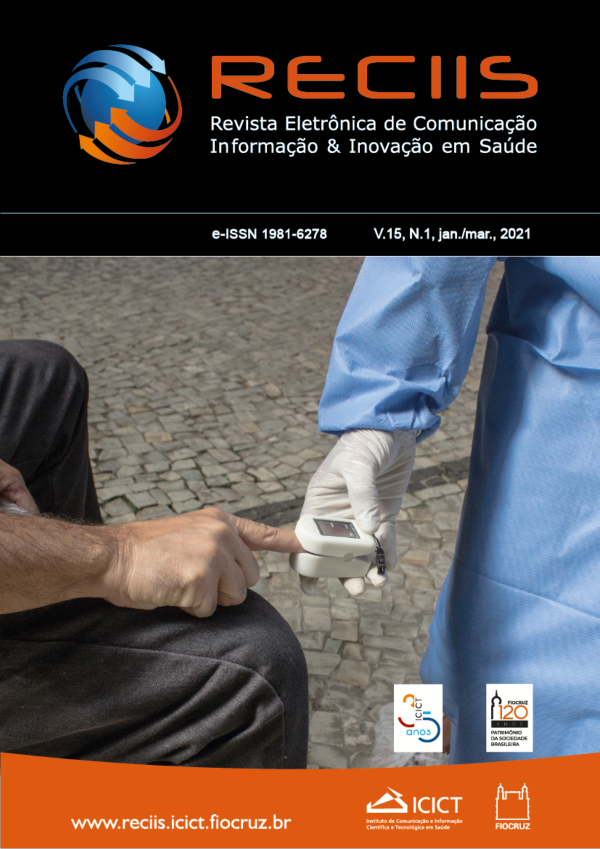Prevalence of Fear of Missing Out amongst students from a private higher education institution from North of Minas Gerais, Brazil: digital behavior and welfare in the university quotidian
DOI:
https://doi.org/10.29397/reciis.v15i1.2093Keywords:
Fear of Missing Out, Social media, Students, Internet, Behavior.Abstract
This study evaluated the prevalence of Fear of Missing Out (FOMO) in university students, associating sex, course completion stage and type of media accessed in a private institution. The condition of FOMO was investigated using the Scale of Assessment of FOMO instrument with the participation of 311 students. The prevalence of high FOMO was 59.2%. In the final model, the variables that were associated with FOMO were being female, attending the first half of the course, feeling of FOMO when not checking social media, using WhatsApp more than 5 times a day, using Messenger more than 5 times a day, FOMO during work and FOMO when alone. The sensations and feelings associated with FOMO suggest influences in decisionmaking in daily behavioral routines in the production of individuality, identity, in social interaction and in daily social interaction.Downloads
Published
How to Cite
Issue
Section
License
Author’s rights: The author retains unrestricted rights over his work.
Rights to reuse: Reciis adopts the Creative Commons License, CC BY-NC non-commercial attribution according to the Policy on Open Access to Knowledge by Oswaldo Cruz Foundation. With this license, access, download, copy, print, share, reuse, and distribution of articles is allowed, provided that it is for non-commercial use and with source citation, granting proper authorship credits and reference to Reciis. In such cases, no permission is required from the authors or editors.
Rights of authors’s deposit / self-archiving: The authors are encouraged to deposit the published version, along with the link of their article in Reciis, in institutional repositories.












